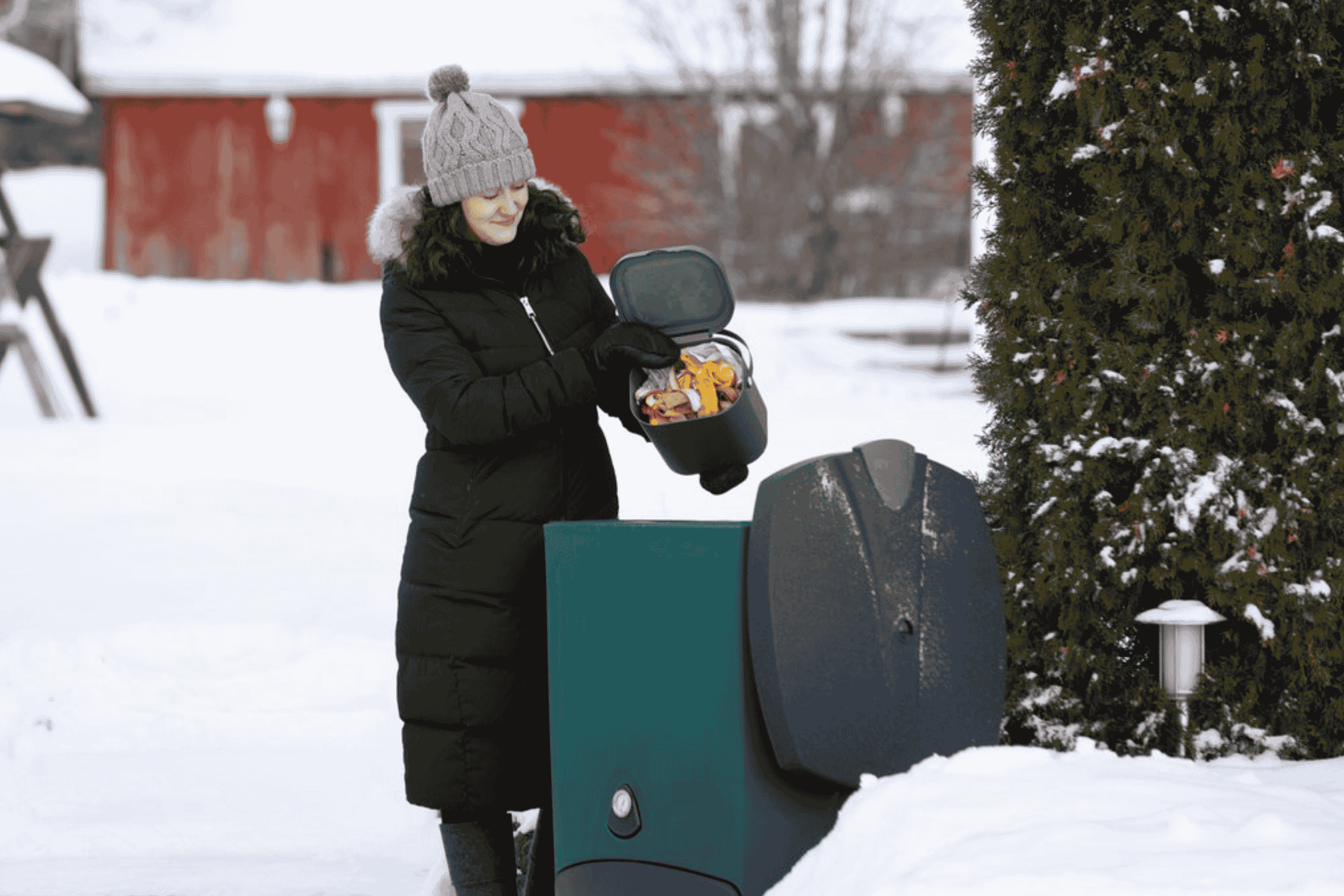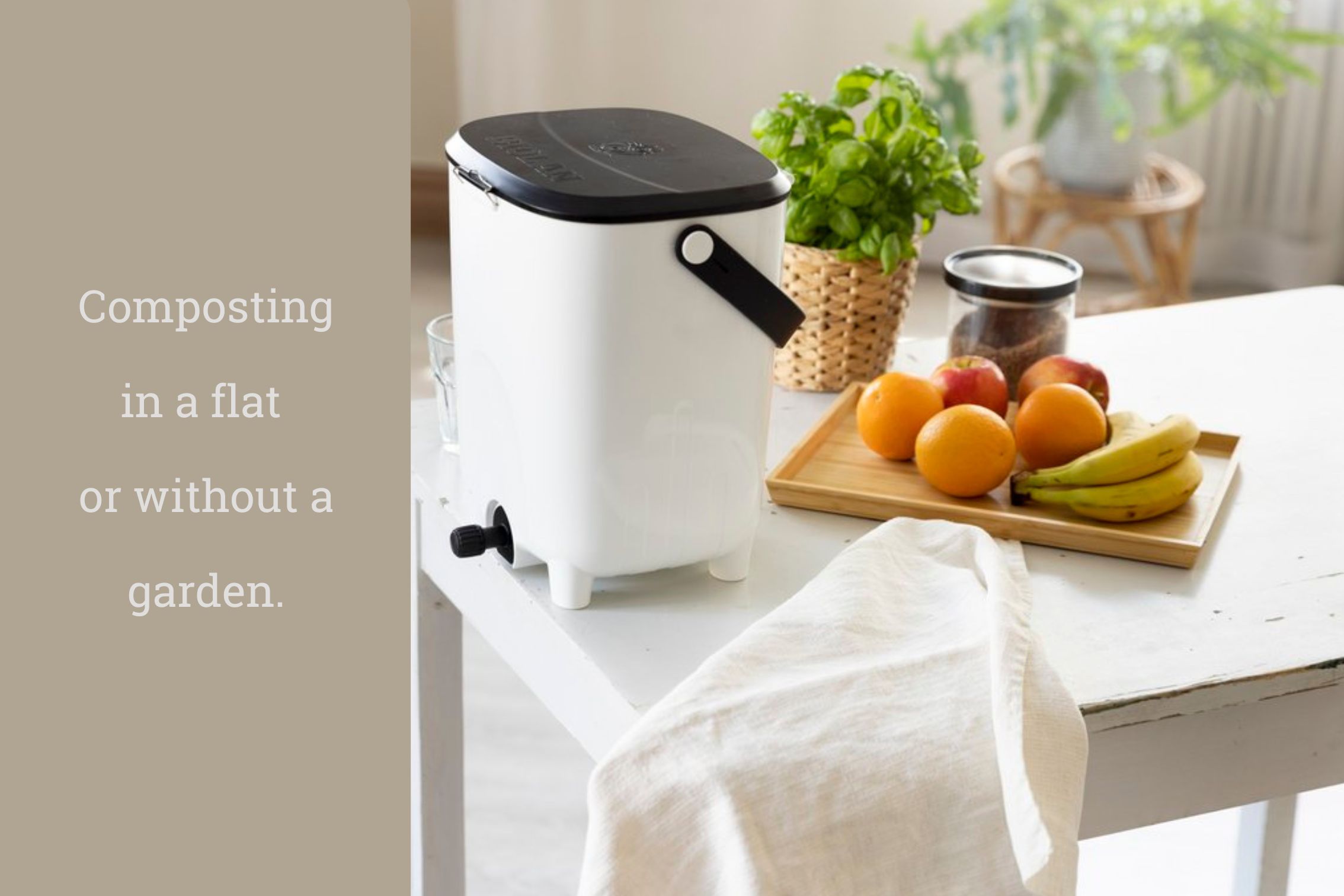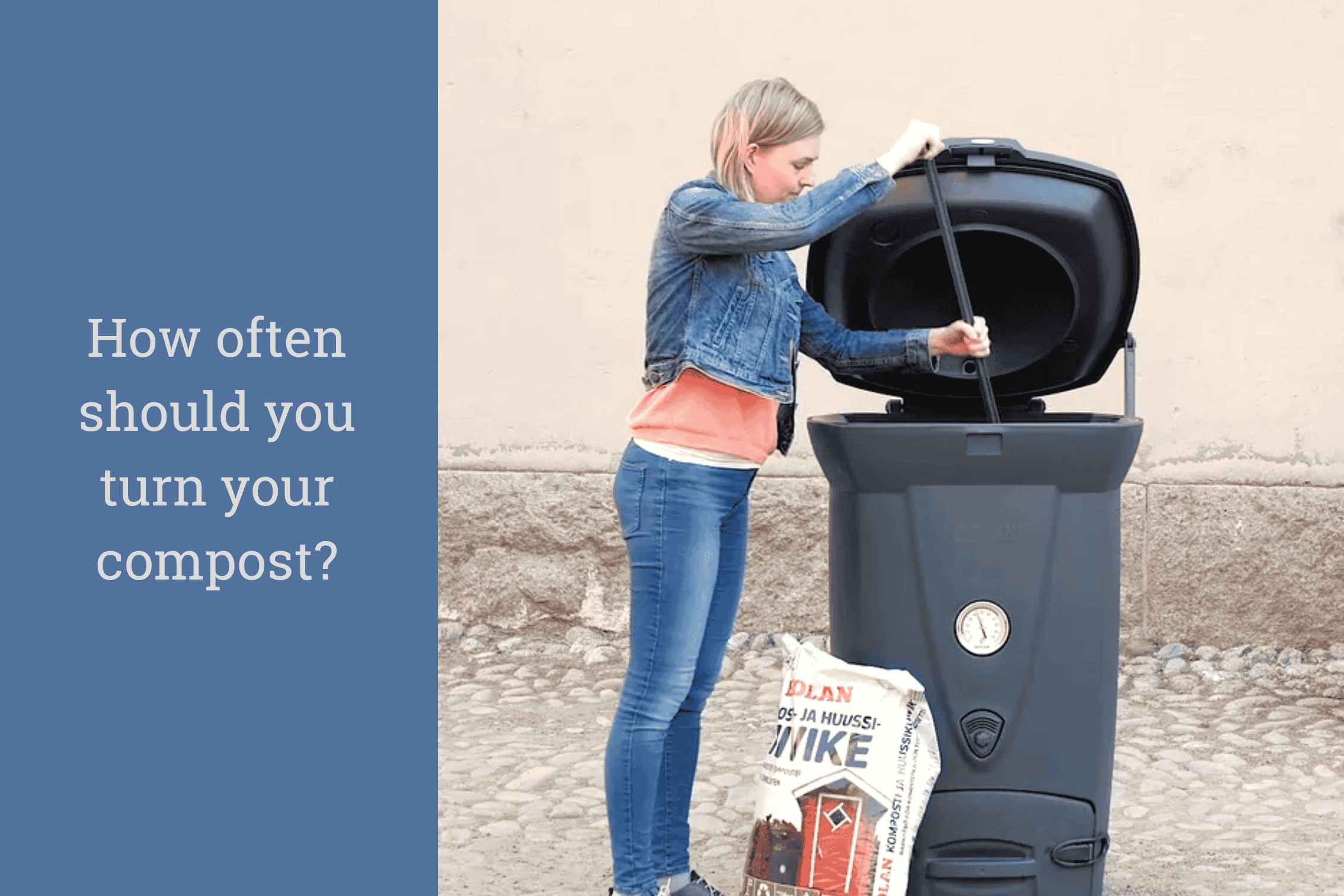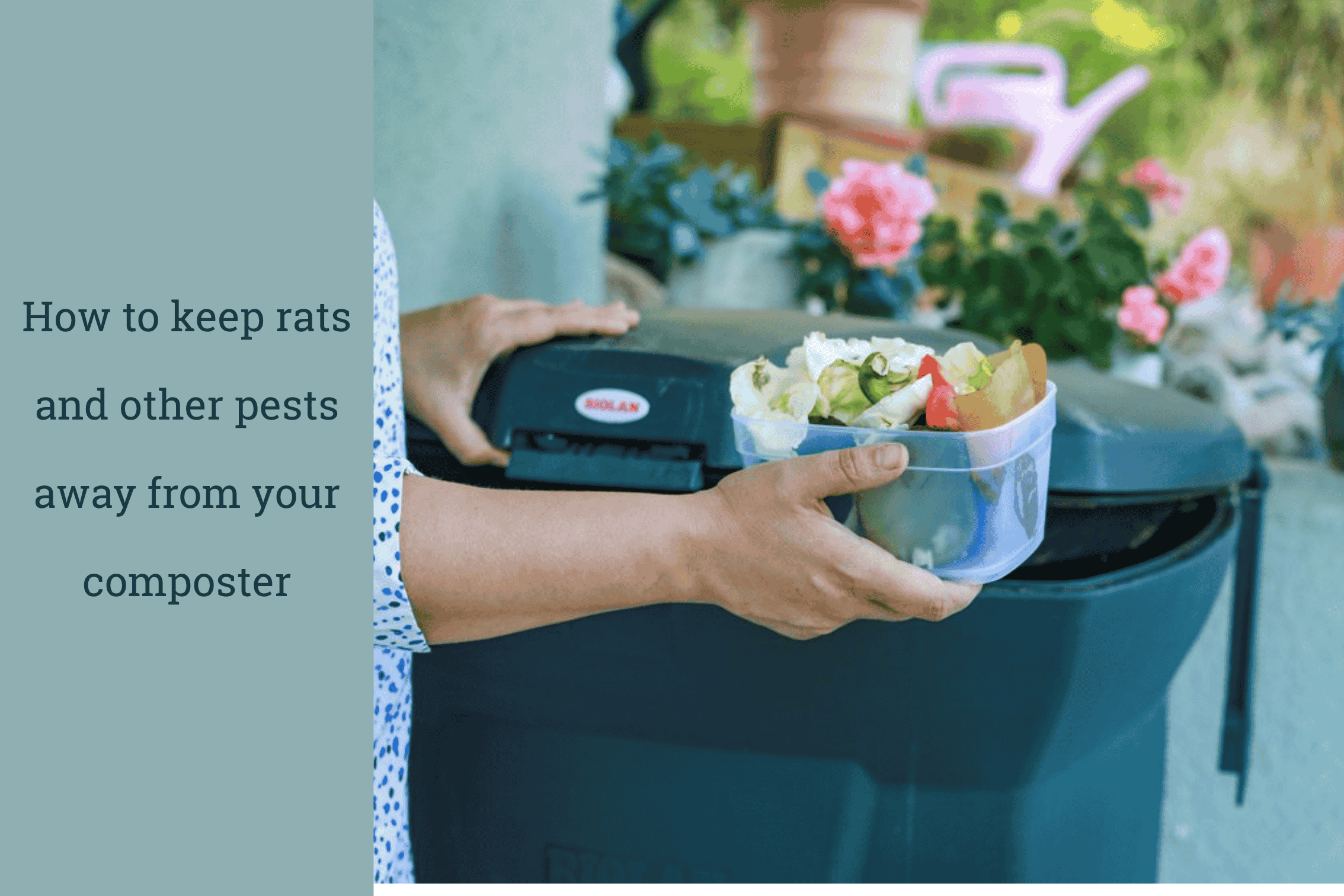
Are Composting Loos As Eco-Friendly As They Claim?
What’s the deal when it comes to composting loos? Why are they widely considered to be an affordable, convenient, hygienic alternative to regular toil
Want to switch to a greener, more sustainable lifestyle? Composting toilets could be part of the solution.
Hailed as ‘a sustainable alternative to urban sanitation’ by the prestigious website, Science Direct, they allow us to treat human waste as organic matter, reducing our impact on the planet.
The Glastonbury Festival was the first to embrace the composting loo back in 2014, encouraging other festivals, events’ organisers, construction sites, off-grid glamping and camping sites, urban rooftop bars and those wanting to live a more eco-friendly lifestyle to do the same.
So, what’s the deal when it comes to composting loos? Why are they widely considered to be an affordable, convenient, hygienic alternative to regular toilets? Let us explain.
The concept is simple…
The whole idea of composting loos is simple.
Instead of using drinking-quality water to carry our waste away to a treatment plant, where it will be blasted with chemicals then pumped back out into the environment, we deal with it exactly as we would do in nature. We compost it.
There’s nothing new or shocking about this. Mother nature has been doing this since time began, and it’s only relatively recently that humans started to defecate on a toilet, let alone one with a flush.
Before then, decomposers played a key role, breaking down our bodily waste in much the same way as it would do with dead plants and animals.
“Decomposers play a critical role in the flow of energy through an ecosystem,” says National Geographic, “They break apart dead organisms into simpler inorganic materials, making nutrients available to primary producers.”
This process continues today with all kinds of natural waste.
A dead leaf falls from the tree and is broken down by bacteria such as soil organisms, providing essential nutrients and materials for other plants and animals. You pile your household food waste onto the compost heap and nature uses it to produce brand new fertile soil that can be used to nourish your garden.
Why should the way we treat human waste be any different?
The environmental cost of regular toilets
Using regular toilets also has a significant impact on the environment.
Firstly, we use energy to suck water from the natural ecosystem then treat it using more energy and chemicals. We pipe this water into our homes and businesses, use it once then flush it back to the treatment plant where the whole cycle continues again.
The amount of energy we require for this entire process is significant.
According to the 2019 UK Greenhouse Gas Emission report; “The waste management sector consists of emissions from waste disposed of to landfill sites, waste incineration, and the treatment of waste-water. It is estimated to have been responsible for around 4% of greenhouse gas emissions in the UK in 2019”.
This treated water alone is estimated to account for around 1% of the total greenhouse gas emissions in the UK. Considering that modern dual flush toilets use around 4-6 litres of water per flush (and up to a whopping 13 litres for older toilets), we’re looking at a significant daily total for households and businesses. British Water claims a daily domestic use of 150 litres of water per person.
Thirdly, significant amounts of nutrients are removed from this waste water during the treatment process, depriving the natural world of essential nitrogen and phosphorus that could help counteract soil nutrient depletion and provide healthier produce for the world.
And finally, sewage treatment plants use numerous chemicals to treat our waste water which can often end up polluting the local ecosystem and killing plants and animals.
How are composting loos different?
When you use a composting loo for your urban or rural environment, you save water and energy, avoid the use of chemicals and have a much lower impact on the planet. With families and businesses using from 30,000 litres of water per year, the benefit can be significant.
Final thoughts
Composting toilets are a zero-waste, eco-friendly alternative to regular toilets that work effectively whatever your needs. Whether you’re off-grid in nature or right there in the city centre, switching to a composting loo provides the perfect solution.
Contact us today on 0800 334 5742 to find out more.
OTHER POSTS IN THIS CATEGORY:
.png)
The Biolan 220eco composter handles all food waste, including cooked scraps, all winter. Use bulking material for perfect, odour-free compost

Yes, you can compost in winter! Learn how to keep your bin active during the UK's cold months with tips, tools, and winter-ready composters.

Tired of smelly bins? Learn how to compost in your flat usingan indoor Bokashi bins, and turn your scraps into garden gold - even without a garden.

Find out how often to turn your compost, why it matters, and simple tips to boost breakdown and reduce smells in your garden bin.

Keep pests out of your compost bin with smart tips on what to add, how to balance materials, and ways to seal and protect your setup year-round.
.png)
Insulated aerobic composters speed up decomposition, manage odour, and work all year. Learn how they retain heat, regulate airflow, and simplify compo



